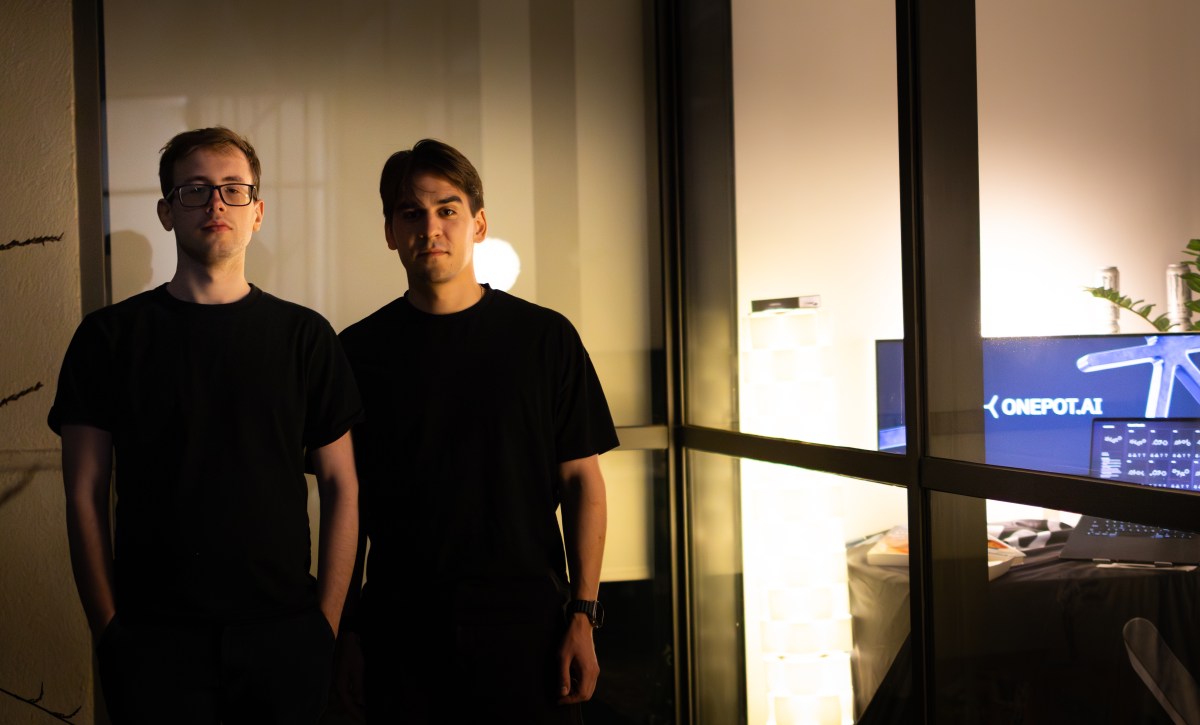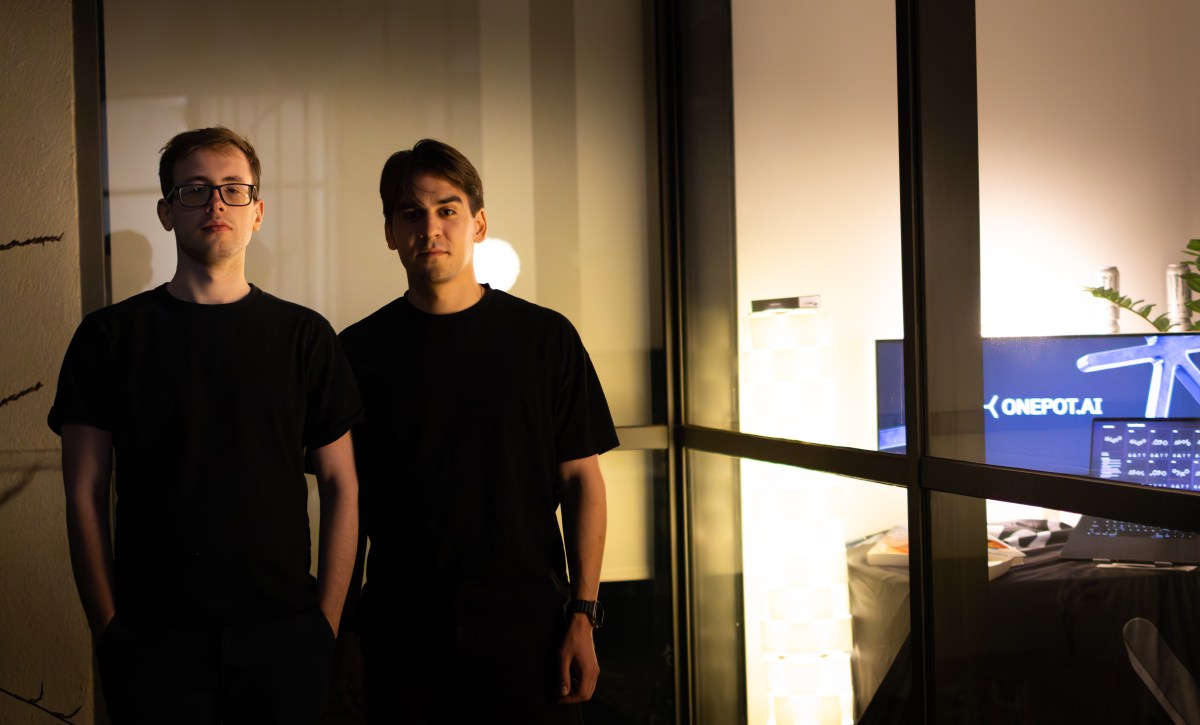Key Points
- Founders Daniil Boiko (ML chemistry Ph.D. candidate) and Andrei Tyrin (MIT CS graduate) launched Onepot AI to solve synthesis bottlenecks.
- Onepot operates a dedicated lab (POT‑1) and an AI organic chemist called Phil to automate molecule creation.
- The platform records every experimental detail for full reproducibility and generates hypotheses from real‑world data.
- $13 million seed round led by Fifty Years, with investors Khosla Ventures, Speedinvest, OpenAI co‑founder Wojciech Zaremba, and Google chief scientist Jeff Dean.
- Funding will fund a second San Francisco lab, expand the team, and scale the compound discovery engine.
- Primary customers are biotech and pharma companies seeking faster, cheaper synthesis of candidate molecules.
- Onepot views WuXi AppTec and Enamine as its main competitors in contract synthesis services.
- Goal is to compress synthesis timelines from months to days, effectively doubling drug‑discovery speed.

Founders’ Vision and Background
Daniil Boiko and Andrei Tyrin launched Onepot AI after recognizing that many promising drug candidates never progressed because the chemistry needed to build them was too difficult. Boiko, a Ph.D. candidate in machine learning for chemistry at Carnegie Mellon, holds a bachelor’s and master’s in organic chemistry from a Russian university. Tyrin earned his bachelor’s in computer science at MIT. Their combined experience in computational pipelines and laboratory chemistry highlighted a gap: models could generate molecular ideas in hours, but traditional synthesis could take months.
Technology and Platform
Onepot AI operates a dedicated small‑molecule synthesis laboratory called POT‑1 and has developed an AI organic chemist named Phil. The platform captures every experimental detail—temperature, ingredient additions, and procedural steps—to ensure full reproducibility, even years later. Rather than relying solely on literature data, the AI agents generate hypotheses from real‑world experiments, creating a feedback loop that accelerates the discovery of viable compounds. Clients, primarily biotech and pharma companies, select desired molecules from Onepot’s catalogue; the company then synthesizes and ships the compounds for downstream testing.
Funding and Growth Plans
Emerging from stealth mode, Onepot AI announced a $13 million funding round that includes pre‑seed and seed capital. The round was led by Fifty Years and also featured Khosla Ventures, Speedinvest, OpenAI co‑founder Wojciech Zaremba, and Google chief scientist Jeff Dean. The capital will fund a second laboratory in San Francisco, expand the engineering and scientific team, and scale the compound discovery engine. The company views WuXi AppTec and Enamine as its primary competitors in the contract synthesis space.
Industry Impact and Future Outlook
By compressing synthesis timelines from months to days, Onepot AI aims to double the speed of drug discovery and broaden the chemical design space available to researchers. The founders also cite geopolitical concerns—vulnerable global supply chains and competition with China—as motivation to rebuild small‑molecule synthesis capabilities within the United States. With AI‑driven automation and detailed data capture, Onepot AI seeks to make previously unreachable molecules accessible, potentially unlocking new therapies and materials.
Source: techcrunch.com
